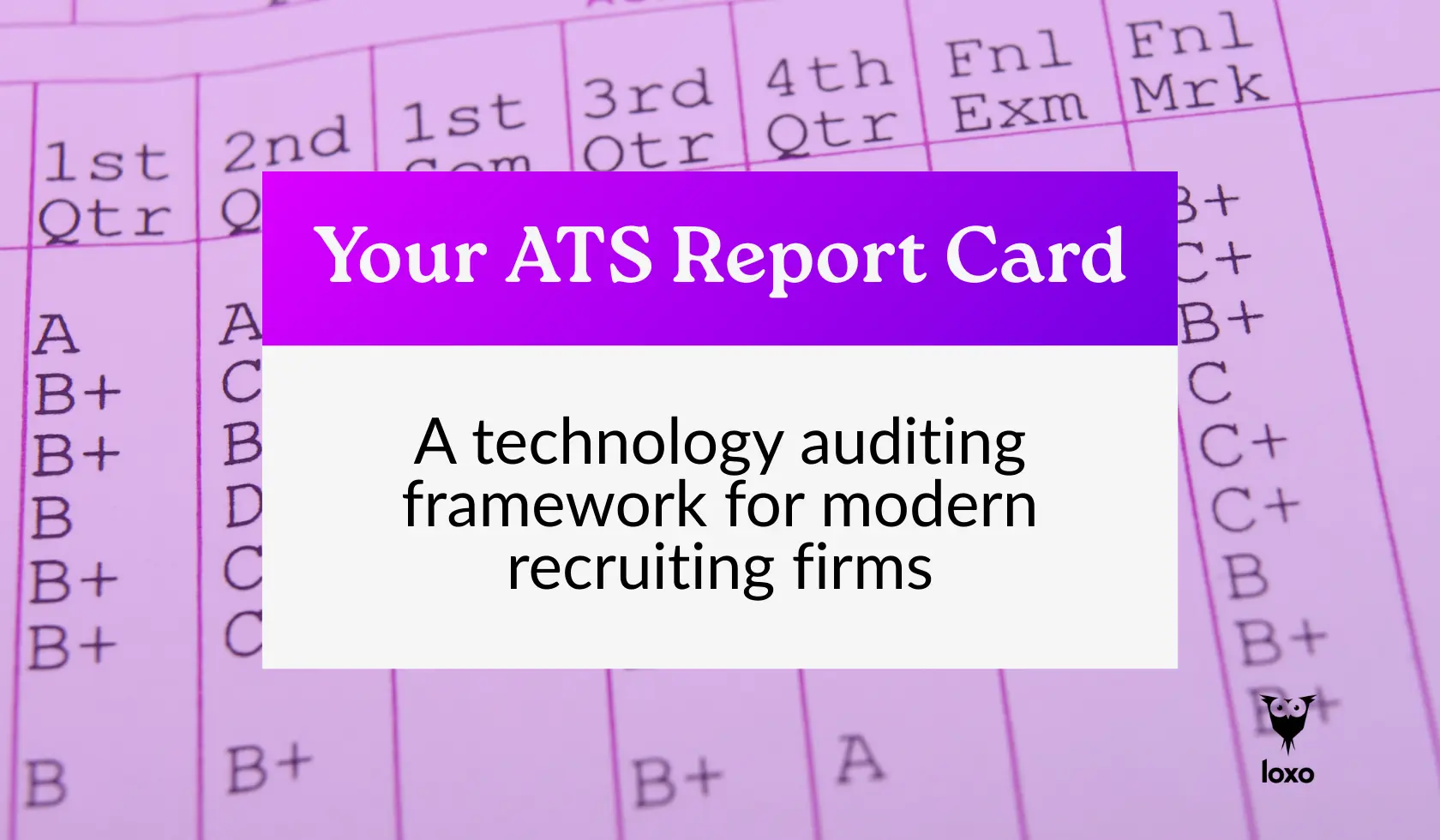While the question of hiring overqualified candidates may not seem like much of an issue (who wouldn’t want experienced and capable employees?), there are several reasons why hiring managers become weary when evaluating overqualified applicants.You may, on one hand, find a passionate candidate capable of working independently and standing out as a team leader. On the other hand, however, you might be dealing with a candidate who, after two weeks of employment, demands a raise in payment and falls into a fit of boredom and apathy.No one is saying that hiring overqualified candidates is always or, conversely, never the way to go as a hiring manager or recruiter. What recruiters need to be aware of, however, are the potential benefits, pitfalls, and nuances of overqualified candidates and how to effectively incorporate them into your hiring strategy.
Benefits of Hiring Overqualified Candidates
There are some clear benefits that come with hiring overqualified candidates. Overqualified candidates often come with a lot of experience in your field. They can apply that experience not only to act as an autonomous entity in your workforce, but also to provide feedback for their department’s short and long-term business goals. With the right managing and hiring strategy, your organization can turn overqualified candidates into valuable assets.Here are a few benefits to consider when reviewing an overqualified candidate.
- Minimal Training: Most experienced candidates don’t need extensive training. While it’s wise to still go through the basic hiring protocol, don’t expect to have to babysit these candidates the same way you might junior-level hires.
- Simple Management: Along with initial training, these candidates will be easier to manage once set in their roles. They’ve likely had corporate experience already and have the know-how to acclimate to your unique company culture with less difficulty.
- Advancement: Overqualified candidates want to climb the corporate ladder and, with the right attitude, will bring others up along with them. These candidates will be more efficient, productive, and want to lead others in the process.
- Team Leaders: These individuals can be leaders that team members can learn from. Experienced carry the potential to pave the way for entry-level employees to develop their skills and advance in the company.
Downsides of Hiring Overqualified Candidates
There are, conversely, a number compelling reasons why companies should avoid hiring overqualified candidates. Like with the benefits of hiring experienced candidates, how likely experienced candidates will thrive or falter in your company depends on the attitude of the candidate in question and the kind expectations/limitations that your company sets for them. In any case, there are some common and noteworthy reasons why hiring managers should be cautious when evaluating overqualified candidates.
- Unrealistic Expectations: As mentioned above, some overqualified candidates will have unrealistic expectations in their roles. If these expectations aren’t established and agreed upon early, these candidates might expect a greater range of control or authority than your company is able or willing to give.
- Lack of Motivation: Once candidates acclimate to the company and are out of the “honeymoon” period of entry work, there’s a good chance you might be stuck with an unmotivated employee. Having more skills and experience than a position requires can lead to boredom, apathy, and less productive work.
- Turnover: One of the biggest fears with overqualified candidates is a high turnover rate. Experienced candidates typically know how qualified they are for a position. If they’re dissatisfied with their role for whatever reason, it wouldn’t be hard for them to start applying to other companies.
- Compensation: Overqualified candidates might be asking for a raise as early as their first month of employment. If any of the above-mentioned concerns start occurring with your candidate, they might see compensation as a necessity to justify their staying in your organization.
What to be Aware of When Hiring Overqualified Candidates
None of what’s been mentioned should be a decisive indicator as to whether or not you should hire an overqualified candidate. What these points should indicate is that hiring managers and recruiters need to be aware of the precarity that comes with overqualified candidates. Here are some important questions you need to ask and be aware of before making the final decision on an overqualified candidate.
- What is the candidate’s short and long-term goals?
- What does your organization need from a candidate to fill the vacant position? Does an overqualified candidate meet those needs better than a qualified one?
- If you hire an overqualified candidate, does your company have the necessary channels for growth in that department?
- Are you willing to provide support for continued education and career development? Extended education is an excellent incentive for overqualified candidates and an avenue for you to develop leaders from within the company.
- What are the candidate’s motives? Understanding why candidates are applying to positions they’re overqualified for can help give you an idea of what their motives are and if they’re a good fit in your company.
One of the most important ways to answer these questions is with open, transparent lines of communication. Communicating with your candidates and making sure expectations on both sides are understood will help avoid many of the above-mentioned hiring pitfalls. One of the best ways to create a hiring strategy around qualified and overqualified candidates is through an organizational platform like a CRM. Loxo’s CRM+ATS platform will make communicating with, tracking, and storing candidates easier than ever. Try your Loxo demo today.
Become a hiring machine
Ready to see for yourself how Loxo can transform your recruitment workflow and make you more efficient than ever before? We thought you might be.



.webp)
